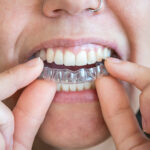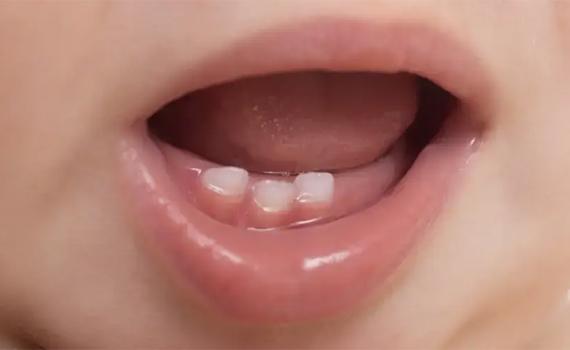Milk teeth are also known as primary teeth. While the teeth will eventually fall out, they play a crucial role in childhood development and overall well-being. These small temporary teeth are just not helping them chew food, but they are helping with lifelong oral health, speech development, facial structure, and even self-confidence.
As a parent, understanding the function and development of milk teeth can help our kids maintain good oral health. The best pediatric dentistry in HSR Layout, Bangalore, will help to understand the importance of milk teeth.
What Are Milk Teeth?
Milk teeth typically start developing around six months and continue until about age three. These are the first set of teeth that develop in young children. Most children have 20 primary teeth by age three: 10 in the upper jaw and 10 in the lower jaw. This will gradually fall out over time, making way for permanent teeth. These teeth have smaller and different structures than adult teeth, but they serve several important purposes during early childhood development.
The importance of milk teeth in childhood development
- Speech Development
Baby teeth also play an important role in children’s speech development. They will help children speak properly, which is necessary for clear speech. As children develop their speech skills, their baby teeth help them to pronounce different sounds and form words. For example, sounds like “th” and “s” require the use of teeth for accurate pronunciation. Without healthy primary teeth, children may struggle with speech problems and difficulty in communication. Then also, children’s baby teeth help to impact their jaw and facial muscle development, which are also essential for speech development.
2. Supporting Proper Chewing and Digestion
Milk teeth are essential for proper chewing and digestion; these teeth help children break down food into digestible pieces. Children rely on their baby teeth for grinding and crushing food so they can enjoy a wide range of foods, which promotes better nutrition. Good nutrition is critical for their growth and immune health; making milk teeth is important for healthy development. The absence of baby teeth can lead to digestive problems because missing teeth make it difficult to chew food correctly.
3. Guiding and Maintaining Space for Permanent Teeth
Milk teeth’s key role is to serve and guide the permanent teeth into the correct positions. The adult teeth won’t have enough space to grow properly without the support of the baby teeth. For this reason, losing baby teeth too early can cause issues with the proper eruption of permanent teeth. It can also lead to spacing issues, crowding, and improperly aligned adult teeth.
4. Preventing Tooth Decay and Gum Disease
Milk teeth are more likely to decay due to their thinner enamel. While they are not permanent, neglecting milk teeth can lead to tooth decay and infections, which may spread to the gums and develop permanent teeth underneath. Early dental hygiene helps children establish a routine for taking care of their teeth, which is crucial for lifelong oral health.
Tips for Caring for Milk Teeth
Start Early: Begin oral hygiene as soon as the first tooth appears by gently brushing it with a soft, infant-sized toothbrush.
Fluoride Toothpaste: Use a tiny amount of fluoride toothpaste once your child is old enough to minimize the risk of cavities.
Limit sugary foods and drinks: Sugary snacks and beverages can accelerate tooth decay, so offer healthy alternatives like fruits and vegetables.
Regular Dental Checkups: Schedule the first dental visit by your child’s first birthday to establish good dental habits and catch any issues early.
In conclusion, milk teeth may be temporary, but they are crucial for a child’s development, supporting speech, chewing, and guiding permanent teeth. Prioritizing early dental care fosters healthy habits that benefit lifelong oral health. For expert guidance, the Best Dental Clinic in HSR Layout offers specialized care to protect your child’s smile.







